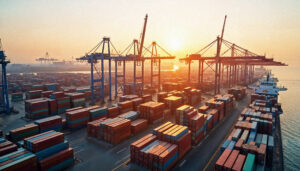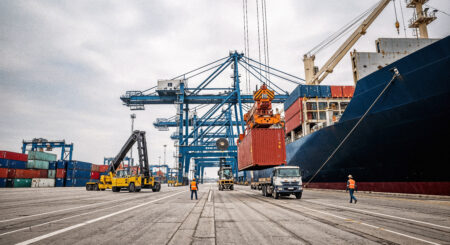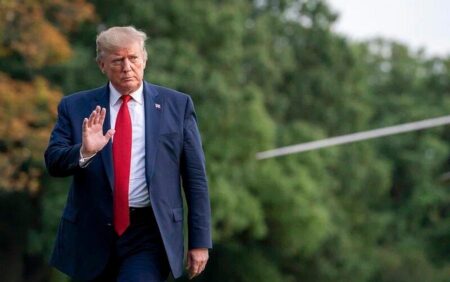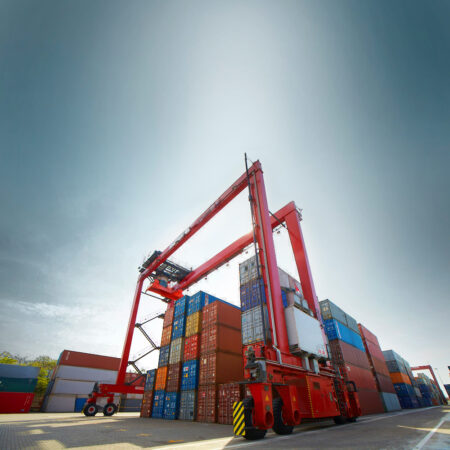Trump announces a 100% tariff on Chinese imports from Nov 1, triggering a global trade shock and a $2 trillion market loss.
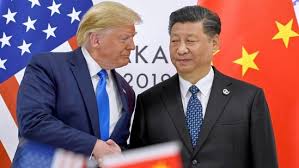
In a dramatic escalation of trade tensions, U.S. President Donald Trump announced a 100% tariff on all imports from China, effective November 1, 2025. The move comes in retaliation to Beijing’s planned export controls on rare earth elements, sparking global concerns over supply chain disruptions.
On Truth Social, Trump described China’s actions as an “extraordinarily aggressive position on trade,” calling its recent export control letter “extremely hostile” and “a moral disgrace in dealing with other nations.” He further declared that the U.S. would impose export controls on all critical software from the same date, or earlier if tensions rise.
The tariff hike builds on the current 30% U.S. tariffs on Chinese goods, which combine 10% base duties and 20% fentanyl-related tariffs. The sudden 100% rate raises uncertainty about whether this will replace or stack on top of the suspended 34% reciprocal tariffs set to return on November 10.
The timing coincides with Washington’s planned port fees on Chinese-owned, -built, and -operated vessels starting October 14. In a tit-for-tat response, China announced similar measures targeting U.S. ships.
Reacting to the development, the Ministry of Commerce of the People’s Republic of China defended its export controls as “legitimate and law-abiding,” accusing Washington of a “textbook double standard” and warning that unilateral U.S. measures would “disrupt global supply chains.”
“Wilful threats of high tariffs are not the right way to get along with China,” the ministry said, urging the U.S. to return to “mutual respect and equal-footed consultation” to preserve the progress of recent trade talks.
The market impact was immediate; U.S. equities lost around US$2 trillion in value within hours of the announcement.
Despite the turmoil, Trump signalled room for negotiation. “Don’t worry about China; it will all be fine,” he posted. “Highly respected President Xi just had a bad moment. He doesn’t want depression for his country, and neither do I.”
This sharp escalation between the world’s two largest economies threatens to reshape global trade routes, manufacturing networks, and logistics flows, heightening uncertainty for businesses worldwide.
Source: WCN


